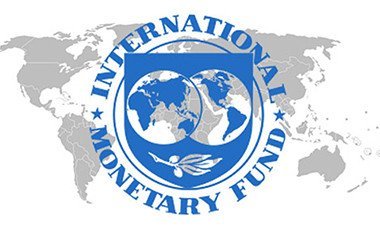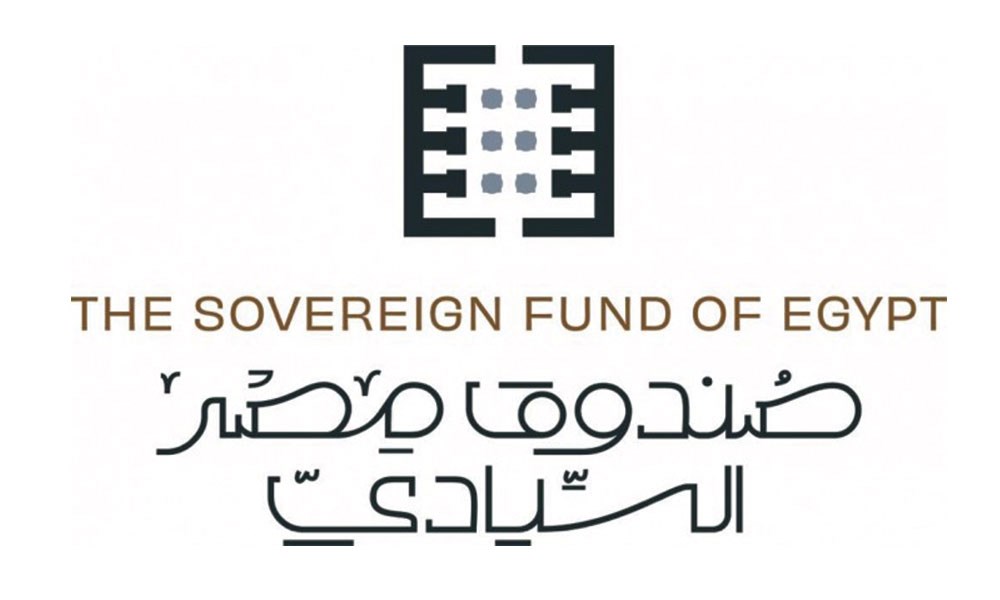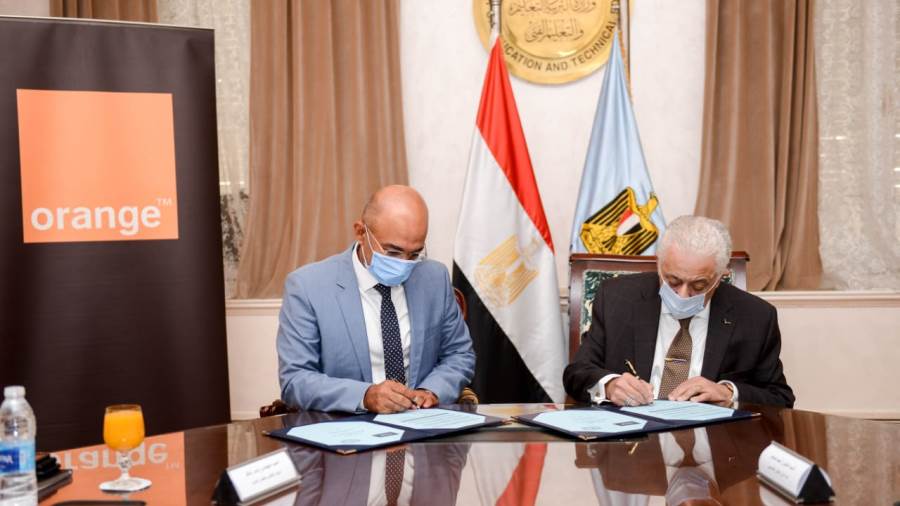Despite the massive rise in foreign debt, Egyptian Finance Minister Mohamed Maait said that the government is seeking low-cost loans from China and Japan while continuing negotiations with the International Monetary Fund (IMF) for another loan.
In an interview with Bloomberg, Maait said that Egypt is in talks with Japan over a $500 million loan, part of which will be devoted to environmentally friendly projects. In comparison, a $500 million bond issue in China is being studied, knowing that Cairo already owes Beijing $7.6 billion. Maait did not specify the expected size of the IMF loan, saying that this “will be decided in the final stage of negotiations,” hinting at the possibility of a new devaluation of the local currency.
Egypt has witnessed a $22 billion exit from the local debt market since last March, while it did not receive large inflows. Therefore, according to Maait, it is seeking to attract more foreign investments and offer stakes for sale in assets to bring in foreign exchange, in addition to searching for low-cost loans. External debt witnessed a massive jump under President Abdel Fattah El-Sisi, rising from $46 billion in June 2014 to $157.8 billion in March 2022. The external debt ratio to GDP for the fiscal year 2021/2022 is about 41.7%, compared to 15% in 2010.
Egypt is under tremendous pressure due to the upcoming repayment dates of financial obligations. According to the Central Bank of Egypt, short-term debt amounts to about $26.4 billion, 16.7% of the total external debt, and its ratio to net foreign exchange reserves doubled to 71.3% in March 2022. Cairo is supposed to repay about $15.4 billion of medium and long-term external debt during the year and pay off short-term debts. The country is also suffering from a decline in its foreign exchange reserves, which amounted to $33.14 billion, compared to $40.7 billion in August 2021.
External debt represents more than 425% of the foreign exchange reserve, which indicates a susceptible situation because “exceeding 100% is in itself a danger because it means that the real reserve – even theoretically – is zero,” according to former Deputy President of the Arab Banking Corporation, Sherif Othman. Egypt is classified as a country with a high risk of defaulting on external debts. According to Reuters, this is related to the external debt ratio to foreign exchange reserves. It is expected that Egypt will need to repay $100 billion by 2027.
The government has devalued the pound by more than 25% since March and imposed strict restrictions on imports, which led to a significant rise in inflation (15.3% in August), stagnating markets, and the industrial sector’s suffering from the absence of production requirements.





Recent Comments